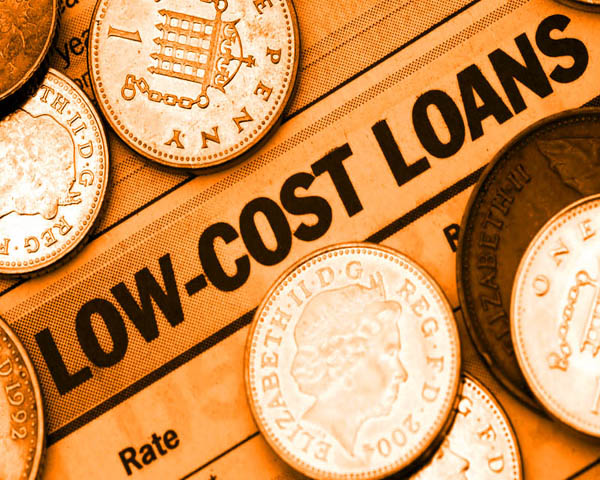When you have decided that you need to take out a loan, the next step is to determine whether a secured or unsecured loan is best for you. Both have their advantages and disadvantages and the type of loan that will be most appropriate for you will depend on a number of factors. These include the amount that you want to borrow and your financial history.
Secured Loans
Secured loans are only available to those who own their homes, whether this is outright or via a mortgage. With a secured loan the property is used as collateral.
These loans have become increasingly popular in recent times. They can be particularly useful if you have any blips on your credit record or are self-employed, as the lender has the security of being able to repossess your home if you fail to meet the repayments.
Secured loans are usually for larger amounts than unsecured loans and are repayable over a longer period of time. They can, therefore, be useful for major purchases or home improvements.
The main downside to secured loans is that your home is at risk if you do not keep up repayments. You should, therefore, only enter into them if you are sure that you will be able to meet the payments due over the period of the loan.
You will also need to have adequate equity in your home. This is important from the lender’s perspective as they will want to make sure that they can get their money back if you don’t keep up the repayments.
Unsecured Loans
Unsecured loans are available to everyone with a decent credit record, regardless of whether or not they are a homeowner. They are not backed by any assets so lenders need to assess your ability to repay the loan in greater detail and look for more information on your income and outgoings.
These loans are available for smaller amounts than secured loans, usually up to a maximum of £25,000 and are generally repayable over a shorter period of time. They can, therefore, be useful to finance a new car, new furniture or minor home improvements.
While there is no risk to your home if you don’t keep up the repayments, there can still be a long-term impact on your credit rating and your ability to borrow further or obtain a mortgage or credit card in the future.
Whichever type of loan you opt for, it is vital to make sure that you can afford the repayments, both now and for the term of the loan. If you are in any doubt about this then it is a good idea to seek independent advice before signing up for one.
Sam is a journalist who writes about personal finance. He is particularly interested in comparison sites such as MoneySupermarket.com and how they can be of benefit to consumers.

